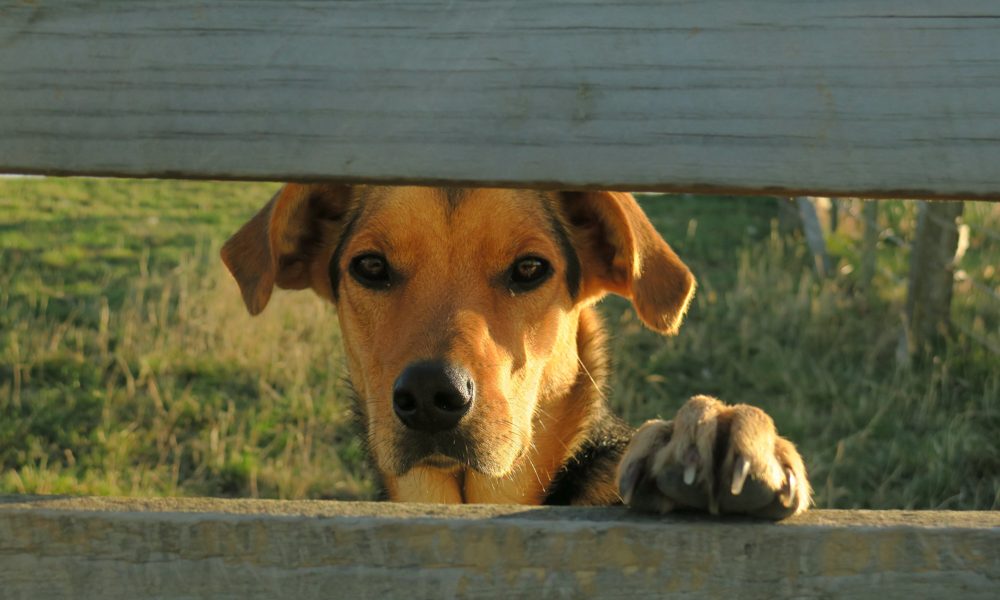
The current outbreak of canine cough (otherwise known as kennel cough) around the district is all too familiar to most of us, due to its similarities to COVID-19.
It is not related to COVID-19, but the principles are very similar i.e. highly contagious, various strains, requirement for isolation and vaccination. However, there is no requirement for your dog to wear a mask!
Canine cough or, more accurately, acute infectious tracheal bronchitis, is a common contagious upper respiratory disease. It is a multifactorial disease often caused by multiple different viral strains, however many environmental factors, such as stress, dust and humidity all contribute to the likelihood of the disease developing further to a point where clinical signs are apparent.
The cough can be present for several days through to several weeks, depending on its severity. It is commonly exacerbated by exercise and the cold weather.
“I have not been to the kennels, so how has my dog contracted kennel cough?” you might ask. With the increase in the dog population in urban environments, and the wonderful establishment of many new dog parks, it is now more likely your dog will encounter the disease. Essentially, any place where dogs can socialise, sniff, sneeze or share a water bowl (even that puddle), they are likely to be exposed. From exposure to onset of clinical signs can vary from three-ten days.
If any of the above clinical signs develop in your beloved dog, or your dog has been in contact with another dog with clinical signs, then follow the steps below:
Contact your vet if you are concerned or if you have further questions – sometimes your dog may need additional support to reduce the inflammation associated with a persistent cough. Antibiotics are often not required as, in most cases, the cough is caused by a virus rather than a bacterium.
Although vaccination is an important part of your dog’s health care plan, it does not include all the agents that cause canine cough. It does however reduce the severity of the clinical signs of canine cough, and it continues to be the cornerstone in managing the disease.